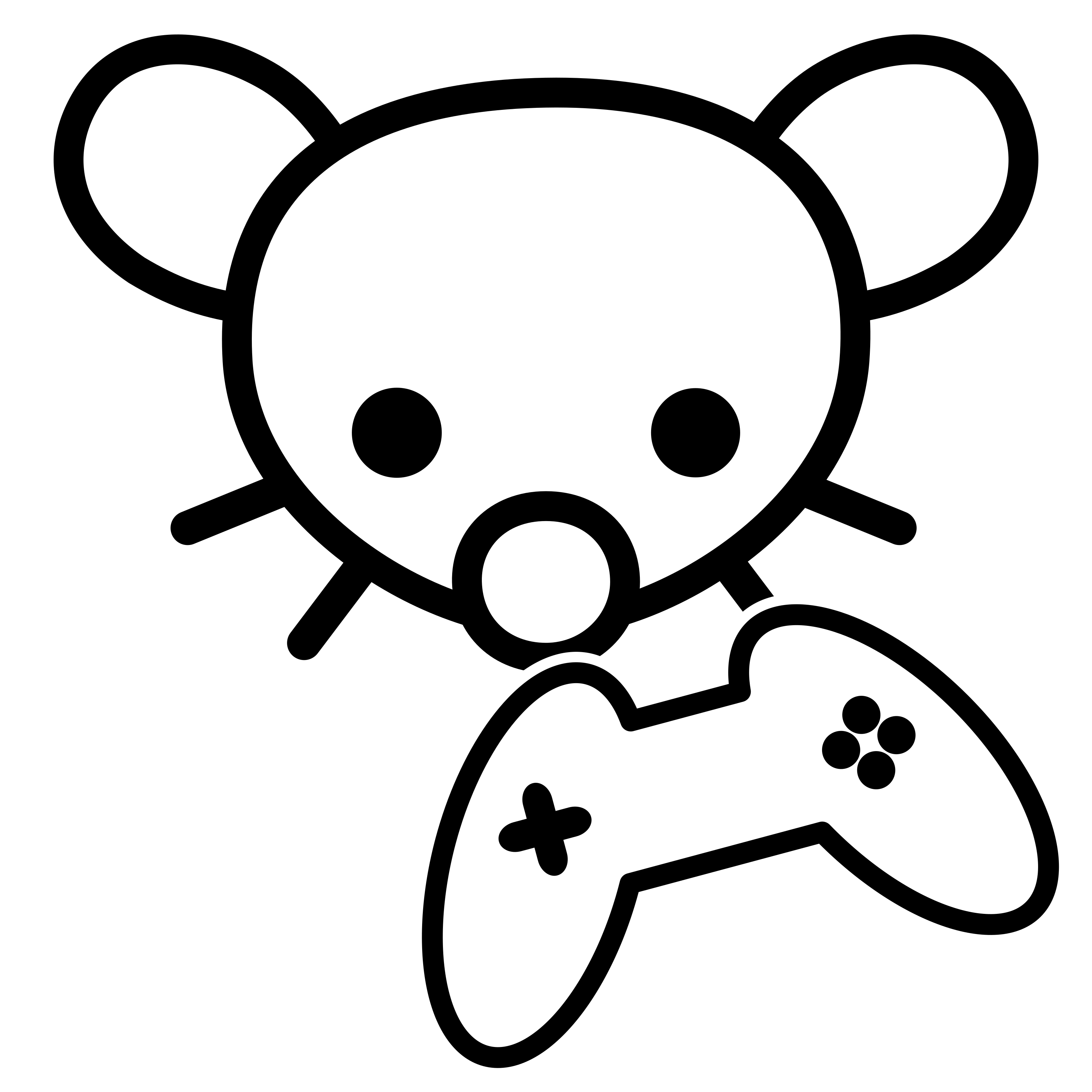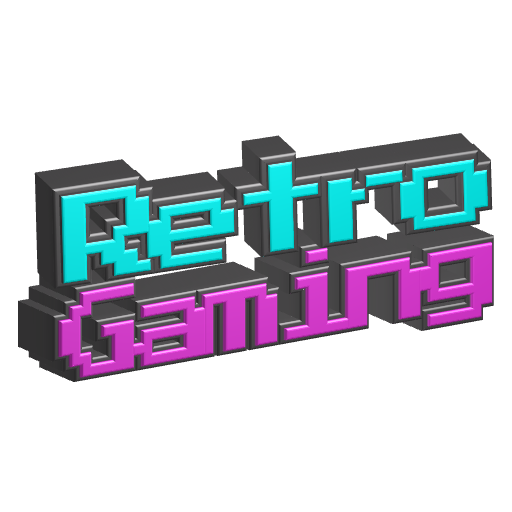Each account has an allowance of five devices, although you can de-register and re-register devices as much you want, it only takes clicking. So yes.
- 1 Post
- 29 Comments
Donkey Kong 64 is excellent, with amazing personality, great music, and great playable characters, but the minigames are sometimes a little janky and you have to love the characters, music, levels and aesthetics if you’re gonna be happy with all the backtracking.
So @CleoTheWizard as a “before you play” tip for Donkey Kong 64, know that there are five playable characters and you can switch at “tag barrels” and basically every collectible, item and action in a level only works for the right character. This keeps you engaged with all characters and the different ways they move but plenty of people understandably dislike the backtracking that comes with it. Most of all remember that less than half the collectibles are required to beat the game so don’t backtrack too much unless you want to, and consider playing the latest version of the "change kongs anywhere " romhack which lets you change characters with a button instead of a trip back to a tag barrel, it’s a very very well done romhack now.

 1·9 months ago
1·9 months agoYooka-Laylee is clearly a spiritual successor but also clearly not as good as Banjo Kazooie. In many aspects it’s just slightly worse: There’s less personality, clunkier movement, less good music, the humour is less funny. Perhaps the largest downgrades are the collectibles placement and the world size. The positioning of collectibles is not so much beckoning you towards exploration and platforming challenges, as it was in BK, but instead it’s just putting things in arbitrary places. The world size is a downgrade in the sense that the worlds are larger, yes, MUCH larger, but also more empty and it simply means you spend more time holding forward on the stick waiting for the next bit of gameplay. Banjo Kazooie beats the other 3D platformers by this team because it’s comparatively fast-paced (not as in adrenaline but as in giving you lots of new things to do every minute and has very little backtracking), and it has the strongest music, theming and humour. As an N64 game, the controller had four directional buttons and most modern takes map these to an analogue stick which works very badly, but that’s not the game’s fault. I bought a controller for emulating N64 games that has enough buttons to avoid this. Yooka-Laylee wins on graphics. If anyone prefers YL to BK I’d love to hear why you feel that way.

 4·9 months ago
4·9 months agoThe way they were infuriating motivated the player and makes it satisfying when you beat them, so being annoying was absolutely the right choice. The last Pokemon games I played were on DS where your “rivals” were nice and supportive and non-annoying and they were boring and I would have fastforwarded them if I could have.

 2·9 months ago
2·9 months agoYeah Navi is much less intrusive than people remember, she was really well done. And yeah Navi is concise and has a little personality whereas Fi is rambling and repetitive and just completely emotionless (yeah I know lacking emotion was intentional but that doesn’t make it enjoyable)

 41·10 months ago
41·10 months agoThe human checkout gives a better service but the shop does not charge me differently for different checkouts. For shoppers, the equation is simple.

 6·10 months ago
6·10 months agoOkami is “Zelda-like” in its kind of medieval fantasy, action-adventure presentation, and in the way towns and NPCs feel, and perhaps in some of its bosses, but really it’s not all that much like a Zelda game. Okami is an quite standard all-ages real-time-battles RPG, whereas Zelda usually have no RPG mechanics - usually Zelda enemies are defeated in just one or two hits, with little or no stats, points or inventory. Zelda games usually have a lot of focus on puzzles and dungeons, or dungeon-like outdoor areas, whereas Okami has no puzzles. On the other hand Okami is obviously very steeped in (often silly or humorous) Japanese folklore, whereas Zelda is very much less wacky and often a little more emotional and dramatic, and has its own bespoke theming.
I liked Okami but I felt it was paced really quite slowly, and the battles/enemies were a little too RPG-like for my taste, as in taking quite a lot of real time for even weak enemies. I felt it lacked the mechanical polish that Zelda usually does: I felt generally the movement was a little slow and difficult (except in very open areas) and most disappointing of all was the frankly poor recognition of what brush move I’m drawing.

 21·11 months ago
21·11 months agoTL;DW: In which Moonie considers 1) actual California legal definitions, 2) exactly what was said in Jobst’s, SomeOrdinaryGamer’s and The Completionist’s videos, and 3) innocence until proven guilty, and importantly points out that tax filings can and often are inaccurate (due partly to the law being extremely complex) and are corrected/settled afterwards (possibly with a simple small fine), and concludes that:
-
charity fraud is plausible but is only a midemeanour
-
embezzlement is not substantiated by publicly available information - saying you don’t spend the funds on expenses and then spending funds on expenses would probably be charity fraud rather than embezzlement
-
missing funds is not substantiated by publicly available information - most of the publicly available information is the tax returns but tax returns are not really evidence of your accounts because they might be wrong, that would be quite common and would not be serious legal trouble.
and that Jobst and SomeOrdinaryGamer are comically lacking in legal understanding and knowledge when you look at the seriousness of the accusations they make.
-

 2·11 months ago
2·11 months agoThanks

 12·11 months ago
12·11 months agoYeah, just think that while the game awards were congratulating people and social media was abuzz looking back on the gaming year, a lot of the people who actually made those games were already laid off, watching that from the outside, at home. A reminder of something they want forgotten: that employees are not people or even team members, they are “human resources” of the shareholders.

 21·11 months ago
21·11 months agoSomething was stolen - they were giving out copies of Link’s Awakening, not just the enhancements they made but the game and art content of the original game, which is Nintendo’s IP so it is piracy (not to dispute the rest of what you’re saying necessarily though). Projects normally get around this by releasing the fan enhancements as a patch that can be applied to a ROM, shifting the piracy from the project to the end user.

 1·11 months ago
1·11 months agoThe event costs is embezzlement -the donations were taken with a promise they wouldn’t be spent on that, and paying for the event means paying for content for his channel, paying to promote his channel, paying to expand his subscriber base, etc.
Compare it to a non-charity event on his channel. He makes content, he takes the money from subscriptions. A “charity event” would then be when he makes content and instead of taking money from subscriptions, he donates it. If the “charity event” is still him making content, and him still taking money from subscriptions, then that’s more like a non-charity event. Even if a donation is made with some of the money then the event is still a non-charity event in the sense that he said he was donating the event itself, i.e. not being compensated for it - if he’s being compensated for the event then he didn’t donate “the event”, he was employed for the event.

 1·11 months ago
1·11 months agoAlso, as I understand it, $600,000 is not all the money. Already last year’s tax filings showed more capital than that. The charity also has some money deducted for “costs” that is not broken down, and although I’m an outsider it doesn’t seem very cool because the charity hadn’t actually been doing anything so I can’t imagine donors feeling like costs of that size are warranted.

 2·11 months ago
2·11 months agoI heard that it’s an internet joke that his character asks for donations, in fact what he actually says in-game is something else.

 4·11 months ago
4·11 months agoThis video was almost entirely excellent but I was so disappointed to see Karl cross over into being rude and unprofessional in a couple of places. I want micro-documentaries, not youtuber fights.
By the way, fans of Zelda 2 may well adore Star Tropics. it has a similar feel. Although it’s prettier, linear, and has more story, it also has challenging, rewarding combat. Your movement (and some but not all enemy movement) is on a grid and you can only move up/down/left/right and you can only face in those directions too, enemies deal contact damage, and you have mostly melee attacks so combat is a question of mastering a grid-based dance as you attack whilst avoiding damage. The soundtrack is wonderful too.
“explaining”… lol… I know what you mean but I have to laugh a little at that :P
It’s pretty useless info even if you do understand it IMO.
These hint texts are definitely a flaw. https://legendsoflocalization.com/the-legend-of-zelda/ has some interesting discussion of how in several instances basically useful hint text got mangled into madness in translation.
Edit: specific link https://legendsoflocalization.com/the-legend-of-zelda/first-quest/#insane-old-man says that this isn’t a translation, it’s the tanslators freestyling for some reason, so it’s a mystery why the text is so cryptic

 5·11 months ago
5·11 months agoThink outside the box. The remake could have support for up to 10 brothers, so long as you connect that many analogue sticks, and you control one per finger. Add a character creator, enhance it to a strand type game, support for more languages, skill-based online co-op, and reimagine it as an open-world sandbox. :')
You’re gitting gud. Keep going!



Can you share the full story of the projects that you could predict could fail using maths?